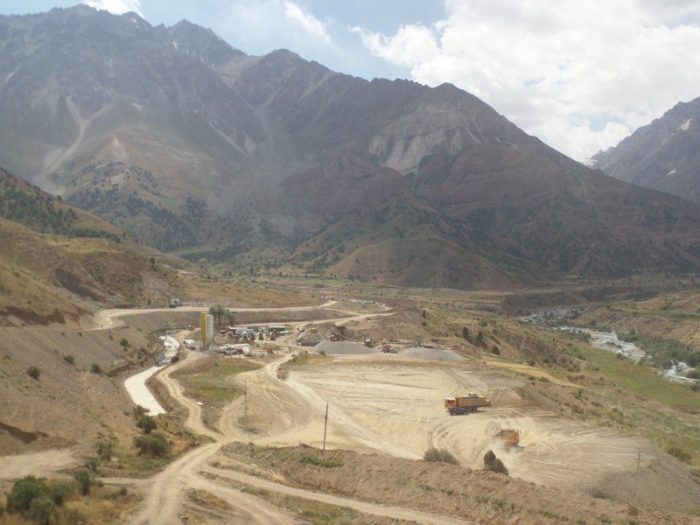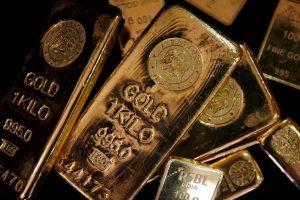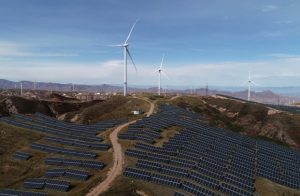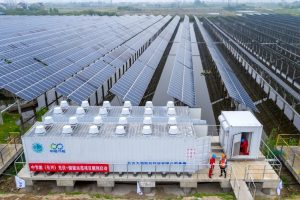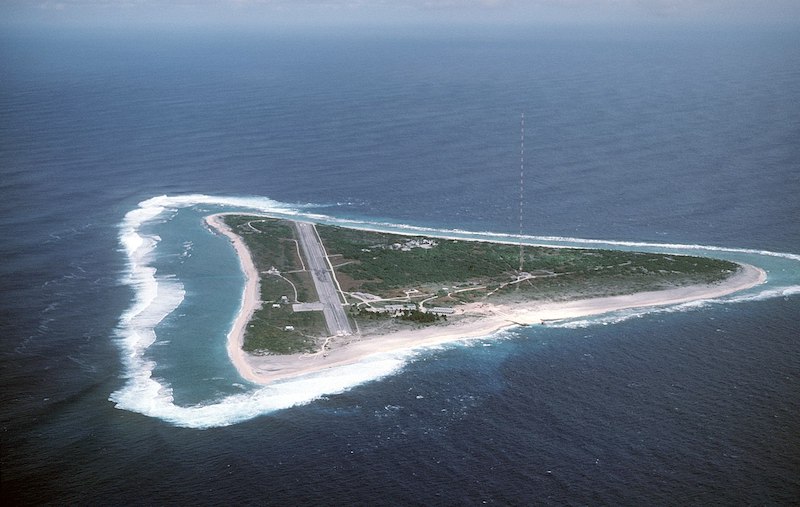China announced on Thursday that it will impose export controls on rare antimony metals, ores and oxides from the middle of next month for national security reasons.
The Ministry of Commerce and General Administration of Customs said in an online statement on Thursday that the move would take effect from September 15, according to a report by the South China Morning Post, which noted that China produced nearly half the world’s antimony ore last year and said “the US has been a big buyer in recent years.”
Beijing said the move, which also applies to equipment for processing superhard materials, would help China defend its interests and fulfill its non-proliferation obligations.
ALSO SEE: Factory Activity in China Slows For Third Straight Month
“It is a common international practice to implement export controls on items related to antimony and superhard materials,” a Commerce ministry spokesperson was quoted as saying, noting that the ban does not target any specific country or region, and that exports would be permitted if they comply with regulations.
“We oppose any country or region using controlled items from China to engage in activities that harm China’s national sovereignty, security, and development interests,” the spokesperson said.
Used as a hardener for lead, tin
Antimony metal is commonly used as a hardener in lead for storage batteries, as well as alloys with lead and tin to improve properties for solders and bullets, as well as in semiconductor devices, the report said.
Antimony trioxide, described as “the most important of the antimony compounds”, is primarily used in flame-retardant formulations, it said, and has been used increasingly as a clarifying agent in photovoltaic glass – solar panels – in recent years.
The US considers antimony a mineral critical to economic and national security – similar to rare earth elements, plus cobalt and uranium, according to the US International Trade Commission.
It said leading uses of antimony in the US include antimonial lead and ammunition, as well as flame retardants, according to US Geological Survey in 2024.
New restrictions will apply on certain types of equipment for synthesizing superhard materials, such as cubic press machines, which can be used to make lab-grown diamonds.
Natixis economist Alicia Garcia-Herrero was quoted as saying the move was a “retaliation signal” and that China wants to show “not only the US has export controls on dual technology”, as well as “military technology that they can weaponise”.
- Jim Pollard
ALSO SEE:
US Releases Detailed Rules For Export Curbs on AI Chips to China
US ‘Drawing Up List of Sanctioned Advanced Chinese Chip Fabs’
China Bans Government Computers From Using Intel, AMD Chips: FT
China’s Retaliatory Bans Could Cost US Tech Giants Billions
China’s SMIC May Have Breached US Curbs With Huawei Chip
Beijing’s Push to Dump Foreign Tech on Display at China Chip Fair




